Posted on 12/16/2023
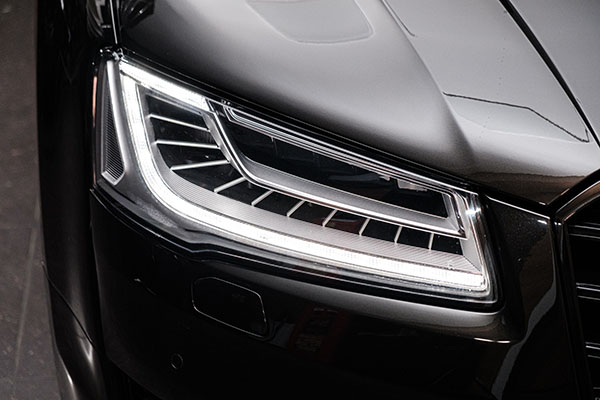
As the sun sets and the scene plunges into darkness, drivers rely on their vehicle's headlights as a crucial feature. These beams of light serve as the eyes of a car, providing visibility and guidance on roads shrouded in shadow or obscured by inclement weather. Despite their vital role in ensuring road safety, headlights are often overlooked when it comes to regular vehicle maintenance. A Clear Vision for Safety The primary function of vehicle headlights is to ensure visibility—not only for you but also for everyone else on the road. Over time, external factors such as UV rays, harsh weather conditions, and road debris can cause cloud and yellow headlight lenses, drastically reducing their effectiveness. Dim or cloudy headlights don't just compromise your view; they're a safety hazard that can lead t ... read more
Posted on 11/27/2023
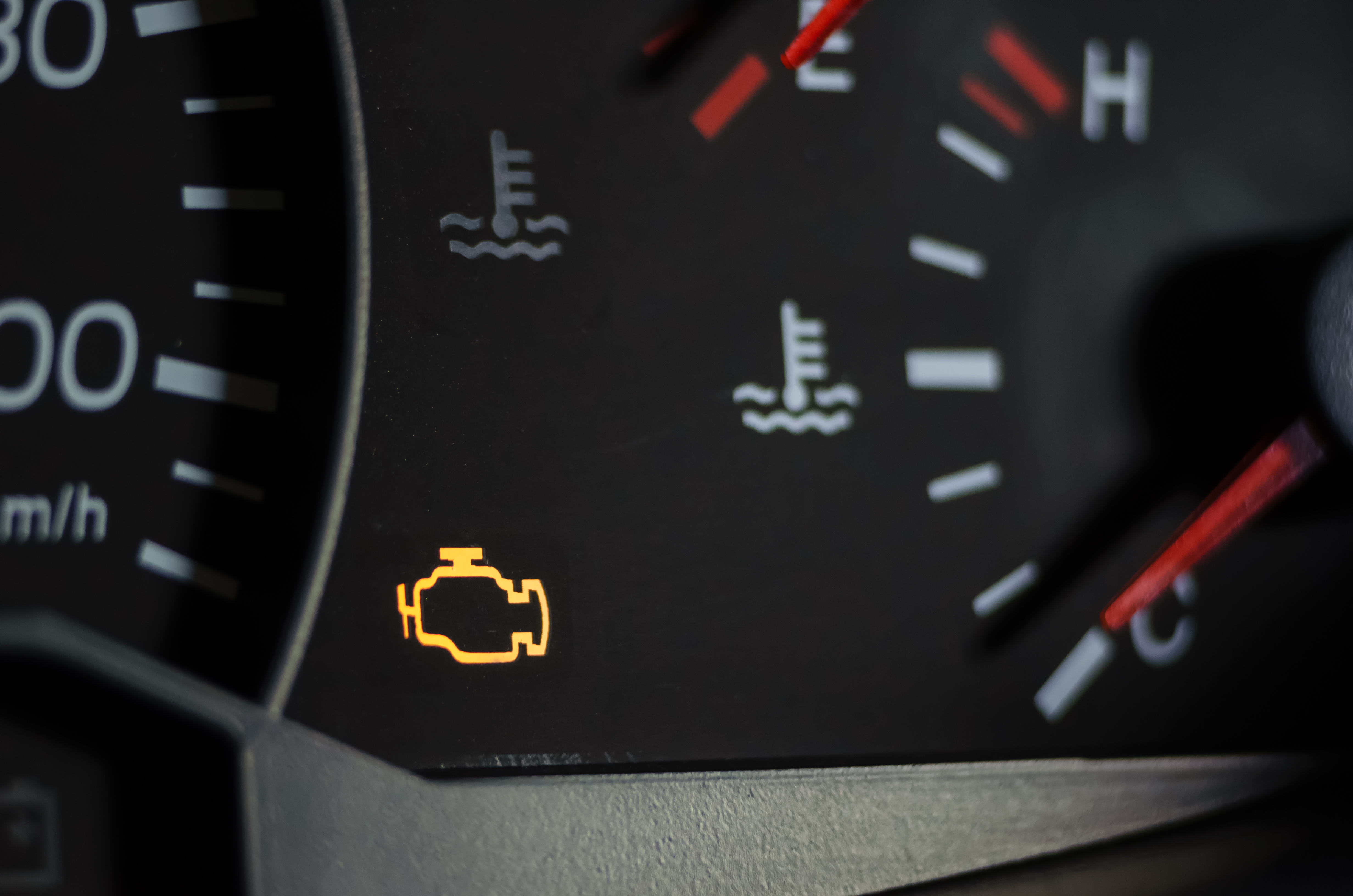
Suddenly, your dashboard lights up like a Christmas tree – and it's not because of holiday cheer. Your check engine light is not just on; it's flashing like a strobe at a rave party. Now, your heart's racing to the beat of panic. What does it mean? The Check Engine Light First things first, let's address why that little light is so important. Your check engine light is your car's way of saying, "Hey, I've got a problem here!" It's connected to your vehicle's onboard diagnostics system (OBD-II), which monitors your engine and other vital components for issues. When something goes awry, it triggers this warning light. The Flashing Check Engine Light But why is it flashing? A steady check engine light can mean anything from a loose gas cap to a faulty sensor – often not an immediate threat. Howeve ... read more
Posted on 10/30/2023
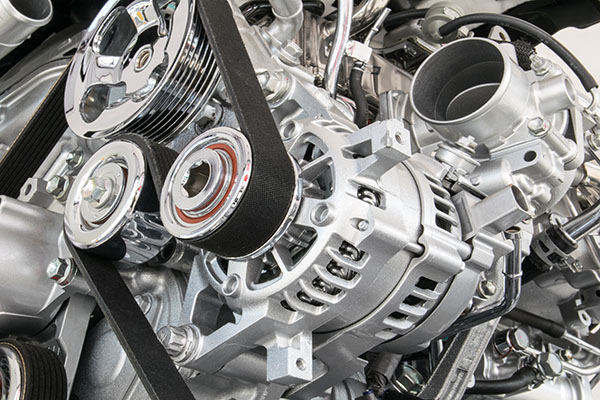
Ever wondered what keeps all these vital components running smoothly while you're on the go? Enter the unsung hero of your car's electrical system - the alternator. Often overlooked but crucial to your vehicle's functionality, the alternator plays a pivotal role in keeping the electrical components operational and the battery charged. Understanding the significance of the alternator can shed light on its vital role in ensuring a seamless and reliable driving experience. What Does an Alternator Do? The alternator in your car is a mini power plant that generates electrical power to keep your car's battery charged and supply electricity to various components, including the lights, radio, air conditioning, and other essential electrical systems. It works in conjunction with the battery to provide the necessary electrical energy to keep the e ... read more
Posted on 9/30/2023

As the leaves begin to don their vibrant autumn hues and the air carries a noticeable crispness, it's evident that a seasonal shift is upon us. The arrival of autumn signifies more than just a change in the weather; it beckons us to consider the needs of our faithful four-wheeled companions. Among the questions that arise during this time of year is whether you should change your car's oil before the autumn season sets in. Understanding the Role of Engine Oil Before delving into the autumn oil change decision, let's revisit the vital role that engine oil plays in your vehicle's well-being. Engine oil is the lifeblood of your car's engine, ensuring that all its moving parts are adequately lubricated and protected from wear and tear. It also aids in temperature regulation, preventing your engine from overheating. Summer's Toll on Engine Oil Summer is a season of road trips, vacations, and long drives under the scorching sun. Y ... read more
Posted on 8/30/2023
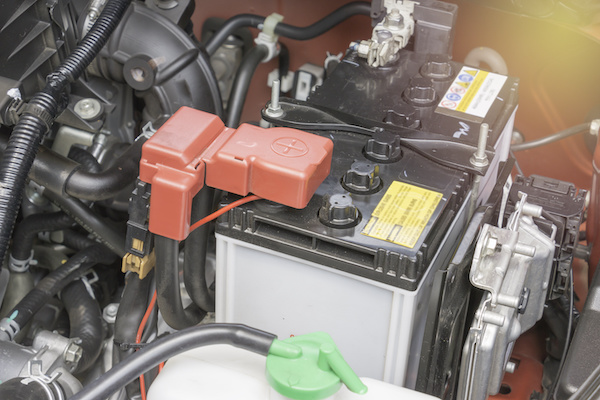
Your car's battery is the unsung hero that powers everything from your morning commute playlist to your headlights at night. However, like all good things, batteries don't last forever. Understanding when and why to replace your battery can save you from unexpected breakdowns and keep your wheels rolling smoothly. The Battery Basics Think of your car's battery as its heartbeat – it provides the initial jolt of energy needed to start the engine and keeps the electrical system running. Over time, as you start your car and use accessories like lights and air conditioning, the battery gradually loses its ability to hold a charge. Signs Your Battery Needs a Replacement Slow Engine Crank: If your engine is slow to start, it's often a sign that your battery is struggling to provide the necessary power. Dimming Lights: Are your headlights less dazzling than usual? Dimming or flickering lights can indicate a weak battery. El ... read more
Posted on 7/30/2023
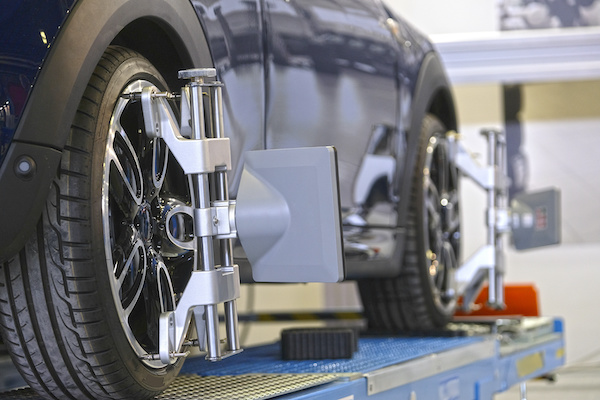
Misaligned tires are an issue that happens to every car. Many car owners view it as an inconvenience, but it can be a problem that damages their vehicle significantly. To properly maintain your car, these are the top signs that your car needs a wheel alignment: Off-Center Steering Wheel One of the easiest ways to know if your vehicle requires wheel alignment is if your steering wheel is off-center. If the wheels are properly aligned, the steering wheel should be straight. When the tires are misaligned, the steering wheel will have a slight tilt in the direction of the misalignment. Even if you try to adjust the steering wheel to the center, the car will veer in one direction. Pulling To One Side If the car automatically pulls to the left or the right when driving, it is a clear sign that you need a wheel alignment. When you hold the steering straight, the car will move slightly in one direction. Pulling to one side is the most common way drivers know they need a wheel alignment ... read more
Posted on 6/29/2023
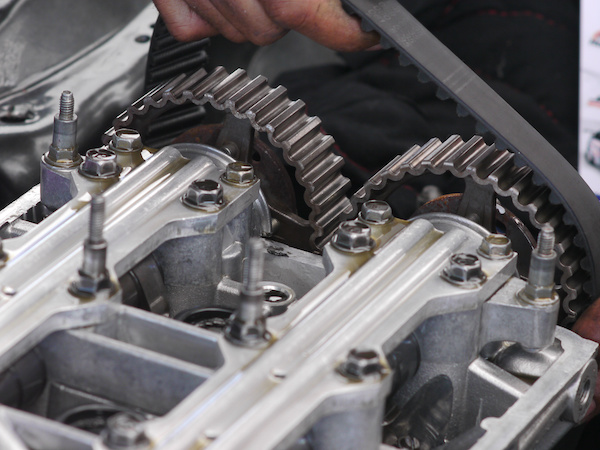
Every car engine has and needs a timing belt. A timing belt is a belt with teeth connecting the crankshaft to the camshafts. The belt is responsible for regulating the timing of the engine's combustion process. Without the timing belt, the engine will not run. The timing belt undergoes significant wear and tear. The following is how to tell if your car needs a new timing belt: Engine Misfires A damaged or old timing belt will negatively affect the engine's timing. The result is the engine will misfire or run roughly. A loose timing belt will cause the cylinders to close and open earlier than usual. With such poor timing, the engine will run erratically or not run at all. If the engine has a loose timing chain, it will produce a lot of noise. Therefore, once you feel and hear your engine misfiring, check the timing belt immediately. Squealing, Ticking, or Clicking Noises A worn-out timing belt can cause ticking and clicking noises in the engine. They are sounds that indicate ... read more
Posted on 5/31/2023
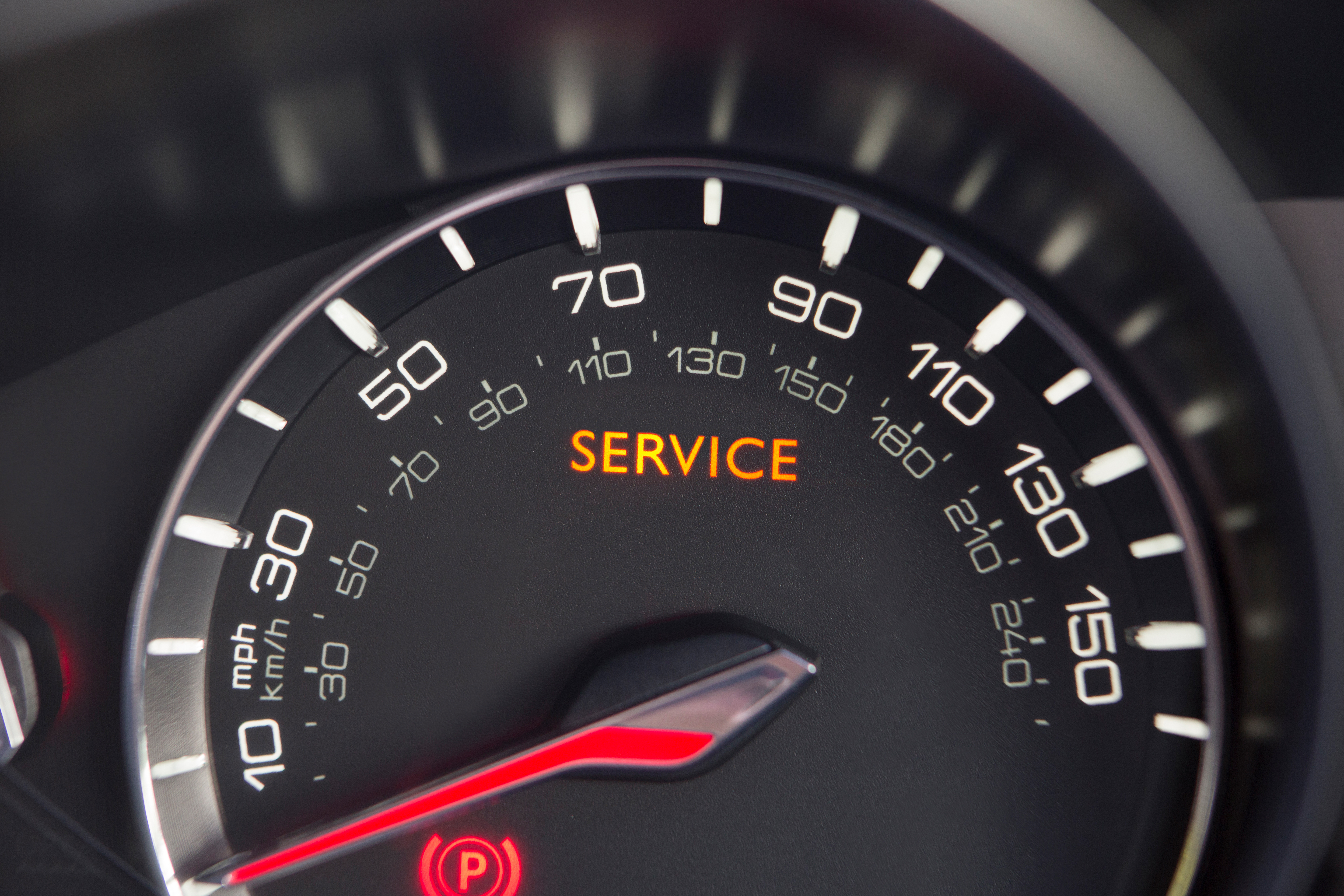
Imagine driving down the highway to enjoy the open road when suddenly you notice something unsettling. Your speedometer seems to be displaying a speed that doesn't quite match your actual movement. It's a scary and frustrating situation, and you can't help but wonder if your speedometer is accurate. This is where speedometer calibration comes into play. If you're wondering what the benefits of speedometer calibration are and how it can enhance your driving experience, keep reading. Accurate Speed Readings: The primary advantage of speedometer calibration is ensuring that your speedometer displays an accurate reading. Over time, speedometers can become faulty due to factors such as tire size changes, modifications, or instrument cluster malfunctions. By readjusting your speedometer, you can have confidence that the displayed speed matches your actual speed, allowing you to comply with speed limits and avoid potential legal issues. Improved Safe ... read more
Posted on 4/27/2023
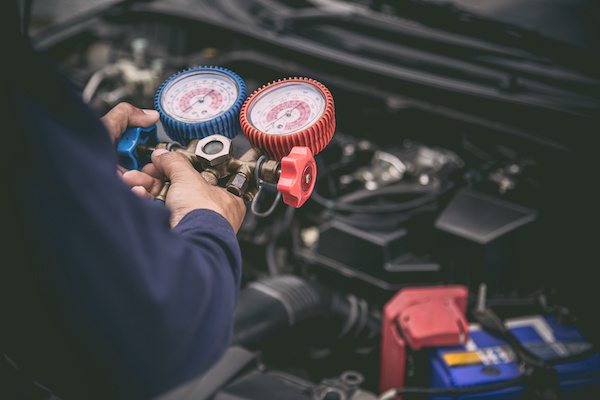
As the Ottawa weather warms up, there's one thing that drivers should pay attention to: the A/C system. Otherwise, a failing A/C system can lead to discomfort for you and your fellow passengers. Here are some tell-tale signs that indicate your car needs A/C service so that you can stay cool for the upcoming months: Warm Air Blowing from Vents If you feel warm air coming from your vehicle's A/C vents, this is a sign that the A/C system may not be working properly. The cause could be a refrigerant leak, a faulty compressor, or a malfunctioning condenser. Weak Airflow Inadequate airflow from your vehicle's A/C system could be caused by an old air filter, a broken fan, or a failing compressor. Low airflow reduces the effectiveness of the A/C system and can make it harder to keep the cabin cool. Unusual Noises If you hear odd noises coming from your vehicle's A/C system, such as grinding, hissing, or squealing, it could be an indication of a failing compressor or a re ... read more
Posted on 3/29/2023
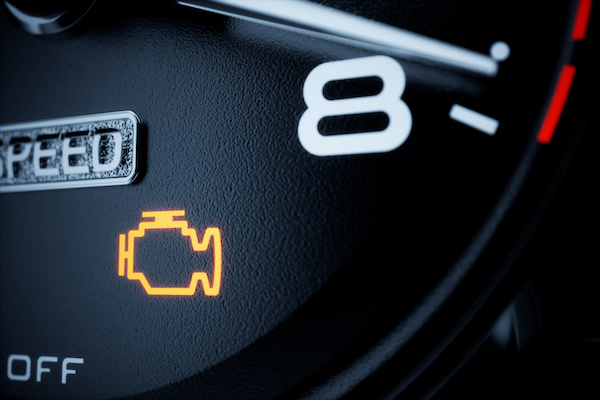
The check engine light is a warning signal in your vehicle that alerts you to any issues with your car's internal systems, and we believe that most people should familiarize themselves with it. When the signal goes off, it's important to address the problem as soon as possible to avoid any serious problems down the road. Today, we will discuss the potential reasons why your check engine light may illuminate. Faulty Oxygen Sensor The oxygen sensor in your vehicle measures the amount of oxygen in your exhaust system and helps regulate fuel injection and emission control. If your oxygen sensor is not working properly, your car may consume more fuel than necessary and emit more pollutants than allowed. It can be the culprit of your check engine light. Loose or Damaged Gas Cap A loose or damaged gas cap can cause a vacuum leak in your vehicle's fuel system. This leak can trigger the check engine light to go off. Fortunately, this is an easier ... read more